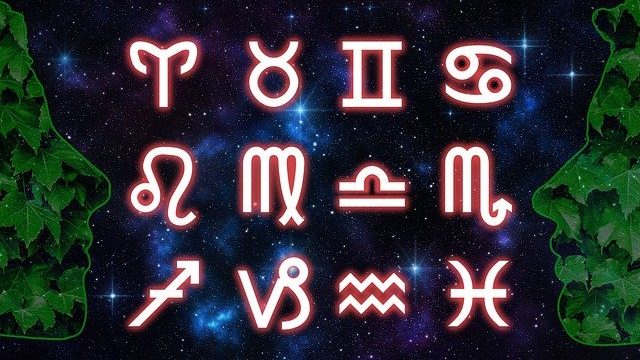Missing or Excessive Elements in astrology
You can easily analyse a horoscope by counting missing or excessive elements according to the planetary positions, Ascendant, Midheaven and Imum Coeli. You can extend this principle when reading an astrological tarot spread. There are three basic methods of analyzing the elemental distribution in astrology:
The characteristics of the predominating element is as follows:
Excess Fire
A dominating, active situation. A person who has a strong sense of boundaries, about their own needs and desires
Excess Earth
A concern with concrete details and tangible results. The importance of the senses, the physical body, comforts and pleasures.
Excess Air
A restless seeking and sharing of knowledge. Communicative but somewhat impersonal.
Excess Water
Losing the self in the feelings and emotions of other people, thus losing the separateness of self. Sensitivity causes the tendency to withdraw into the self. Psychic ability, compassionate to the needs of others.
Absence of an Element
The absence of an element in a pile of tarot cards has significance too. Below are characteristics borrowed from astrology.
Absence of Fire
Difficulty with entering into activity, or experience with enthusiasm, inspiration, or spontaneity. An alternation between internalization, or being overly expressive. There may be a lack of enthusiasm about new opportunities, or looking to others for inspiration and motivation. A sense of passivity or detachment. The search for depth in personal and emotional involvement in life.
Absence of Earth
A lack of practicality or a feeling of inner instability that causes one to overanalyze and criticise everyone else. Personal insecurity or feeling ungrounded. Developing skills which are not practical. Constant job changes. Being excessively practical in work, mired in detail. Searching for a highly structured or organized routines in life to live through.
Absence of Air
Difficulty dealing with what is expected, socially or intellectually. An inability to see oneself the way others do. A strong desire for communication compounded by feelings of being out of contact or being misunderstood. Using nonverbal means of communication. A preference for experience over the intellect. The need for endless clarification of the thinking process. Gains in understanding come only through feedback from others.
Absence of Water
Absence of an inner frame of reference for close emotional orientation in life. There is a need to become associated with something far outside the self to which to direct emotional allegiance. Filling the emotional vacuum through spiritual experience. The attraction of over-emotional people, or addiction to excitement. The inability to respond emotionally to the feelings of others.
The lack of an element can cause a flip-flop situation, so that either an excess or a lack of characteristics of that element is expressed as it tries to compensate or seek a balance.
Triplicity
The elemental balance is further analyzed according to Triplicity. The cycle of life is birth, life then death, or beginning, middle and end. The elements are no different. The table below shows the characteristics of the Triplicity.
Cardinal
Activity, action, initiating, leading, birth, leadership. Beginning of a season.
Fixed
Organization, solidity, rootedness, fixation, stability, solidarity.
Mutable
Change, adaptability, responsiveness, blending, compromise, reacting
In a reading where all 78 cards are dealt into the twelve positions, counting the placements of the Major planetary cards will give an indication of which mode or Triplicity is strongest, and which is weakest.

